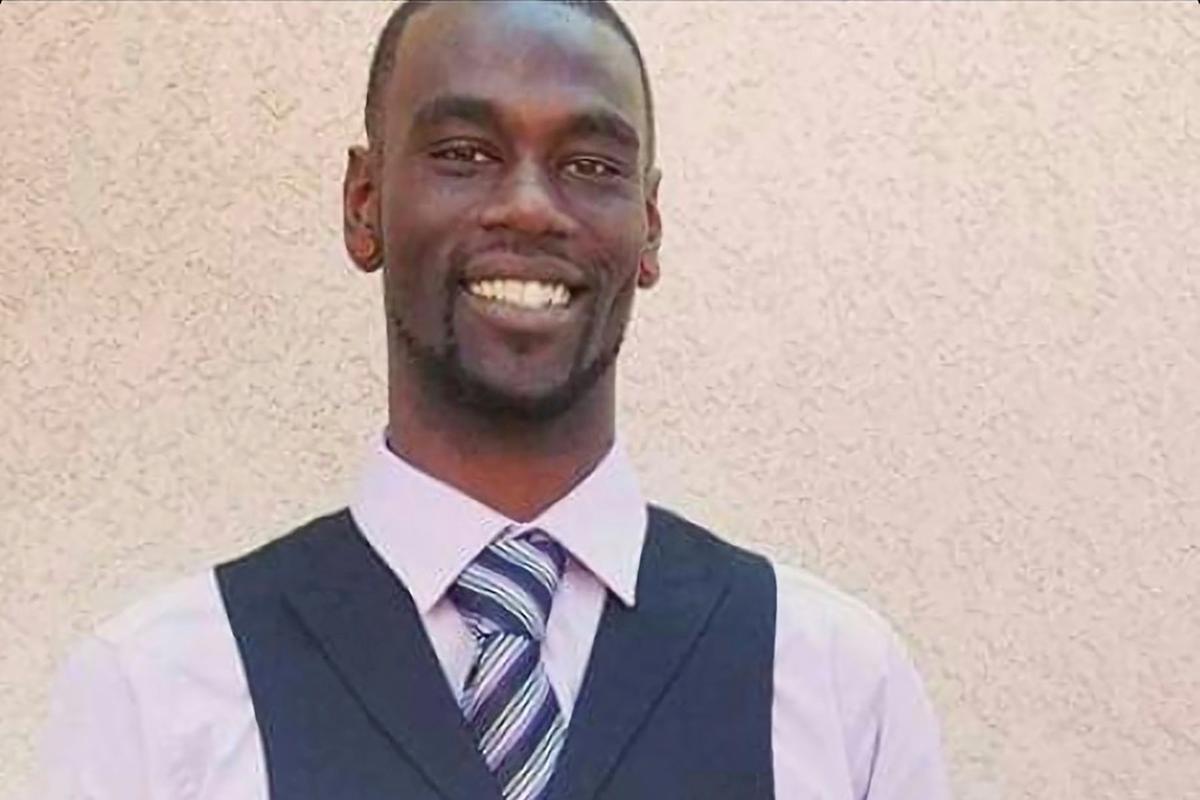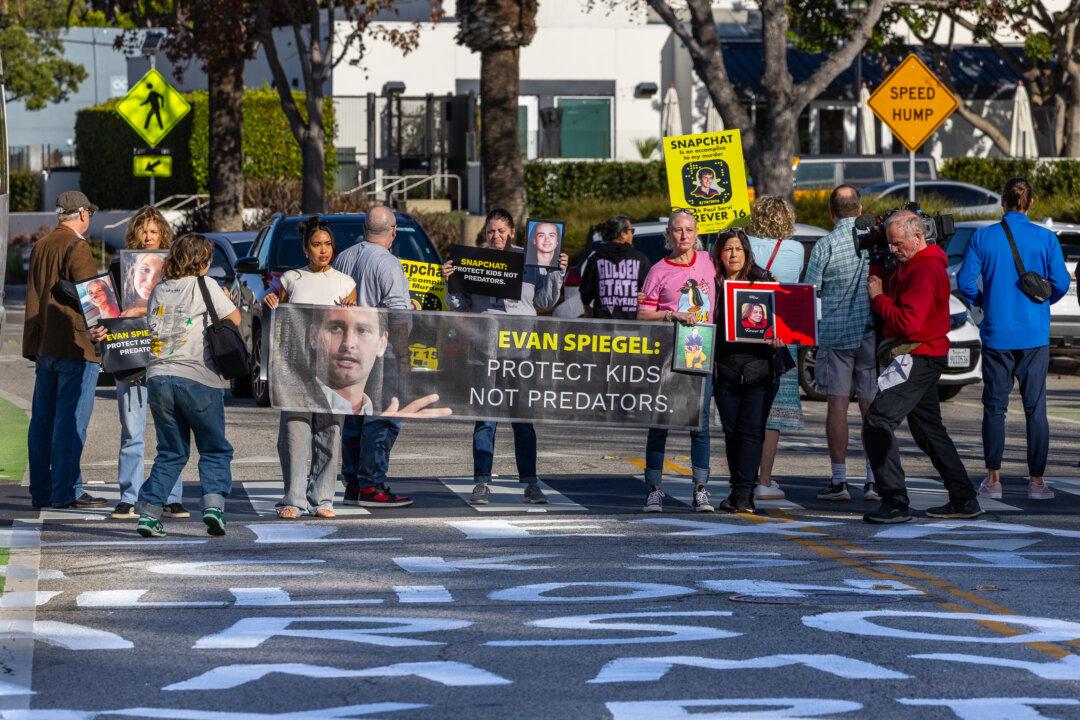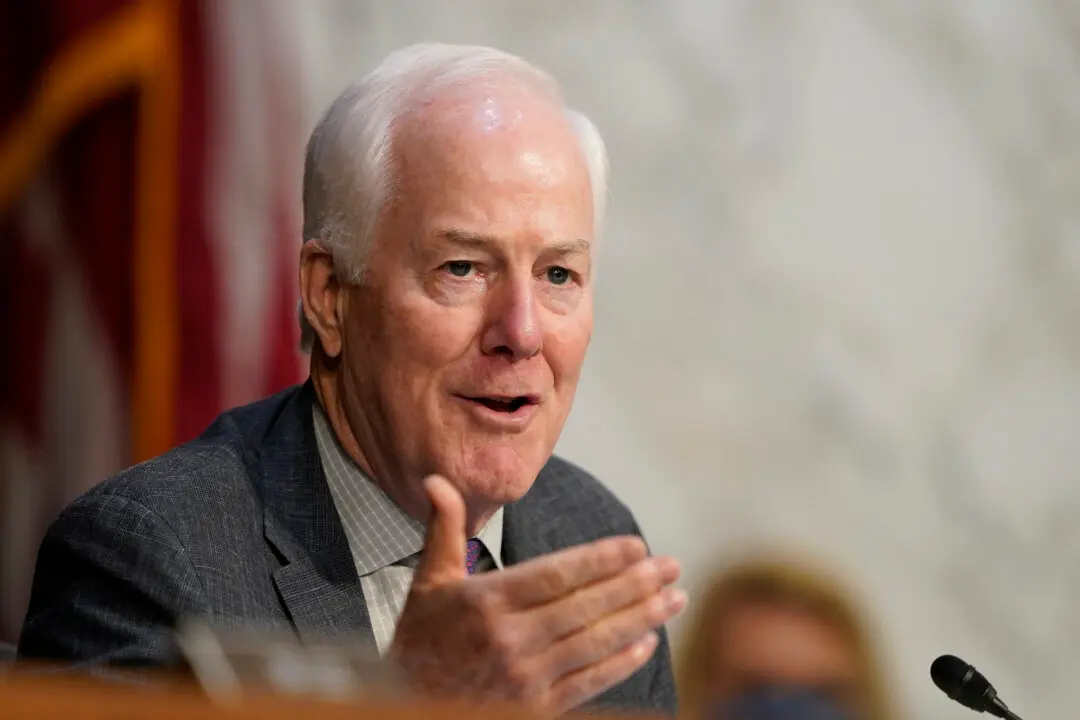Sen. Lindsey Graham (R-S.C.) calls a video that shows police fatally beating 29-year-old Tyre Nichols in Memphis, Tennessee, “appalling.” Then, writing on Twitter, Graham suggested a possible compromise on a police-reform package that has been stalled in Congress.

Tyre Nichols. Courtesy of the Nichols family via AP





